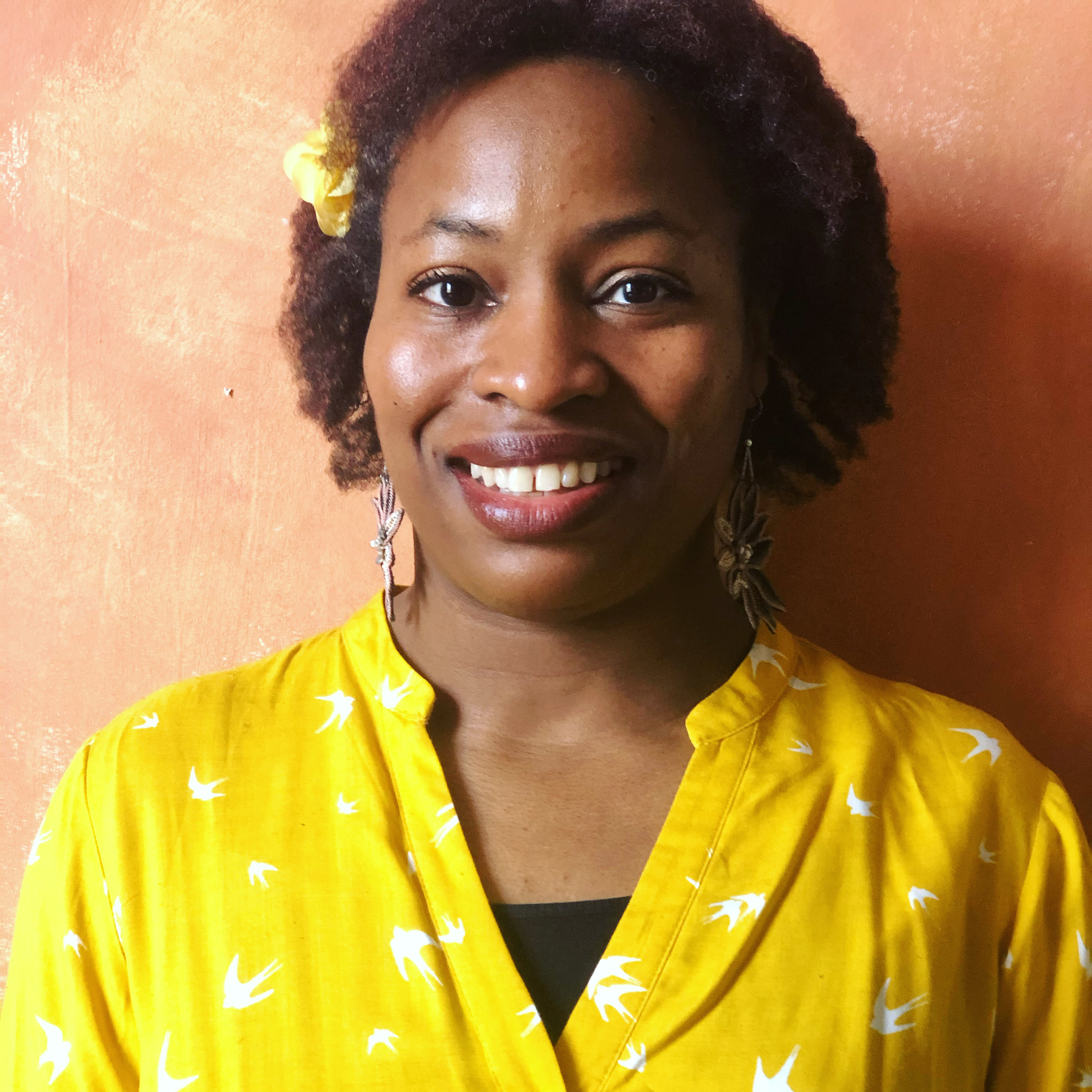Russell Brand and why we need to talk to boys about sex, porn and consent
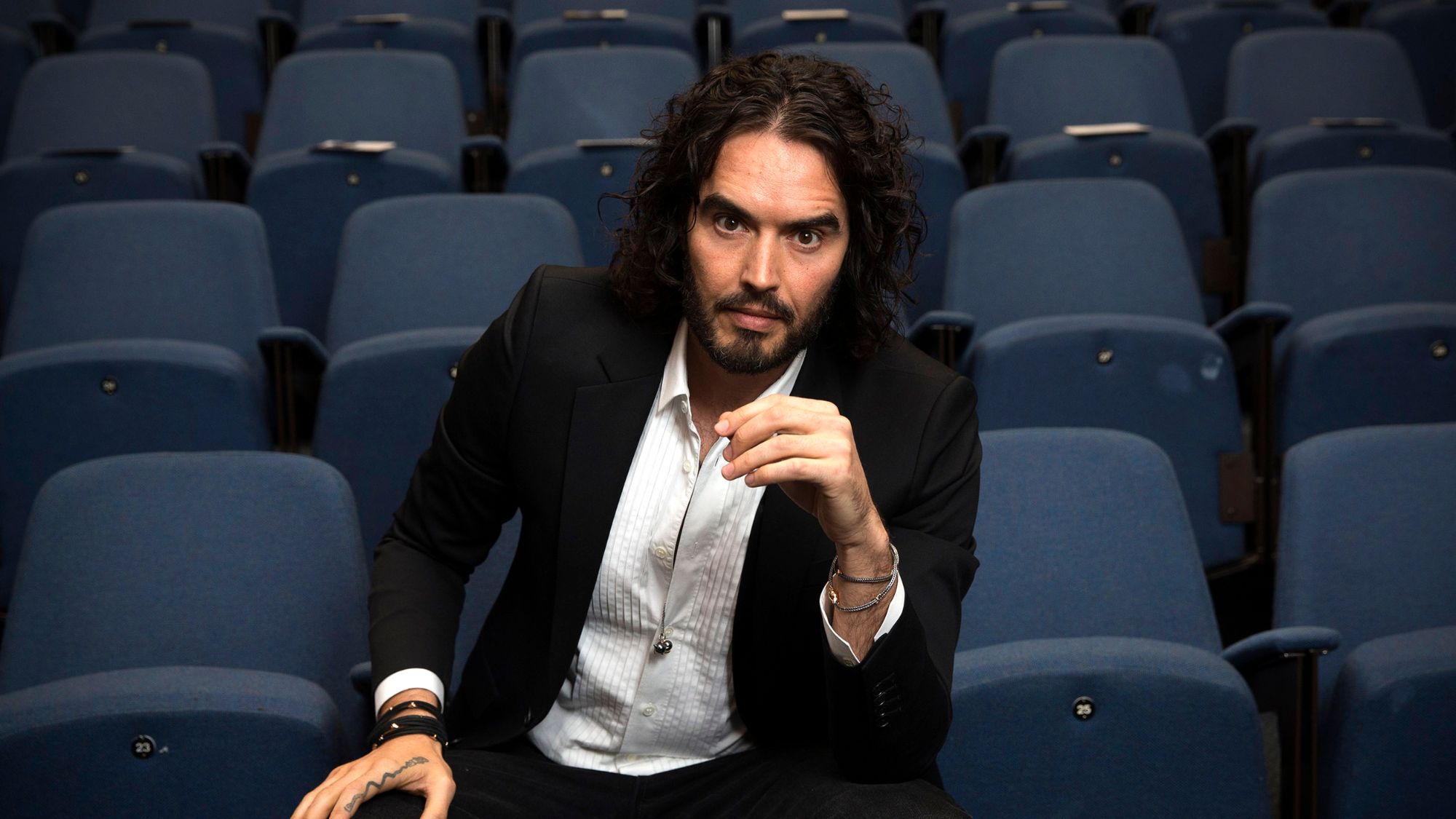
It’s just lads being lads. At least that’s what so many of us were told (or told ourselves) during the meteoric rise of Russell Brand, and similar ‘edgy’ male celebrities, in the early noughties. This was the era of the Lad and Ladette - a time when Loaded magazine and Page 3 were all the rage.
And whether we cackled or grimaced through Brand’s creepier jokes, they were part of a wider culture - a casual misogyny slipping into everyday life as insidiously as an uninvited hand on your knee.
When the news broke about Russell Brand facing accusations of rape and abuse, I felt a mix of emotions. Horror, disappointment, disgust. But I can’t say I felt shock. As Maya Angelou famously said: "When people show you who they are, believe them." Brand had been showing us in so many ways what kind of man he was - how he thought about women and his lack of self-restraint. Sure, he had restyled himself over the years but all anyone needed to do was call up some of his older clips (many of which are currently doing the rounds).
Brand’s predatory behaviour has been described as an "open secret" in the media, to add to a long line of known abusers across various industries and institutions from Hollywood to the Catholic Church. We have to question these systems which are set up to protect the powerful while failing the most vulnerable members of our society.
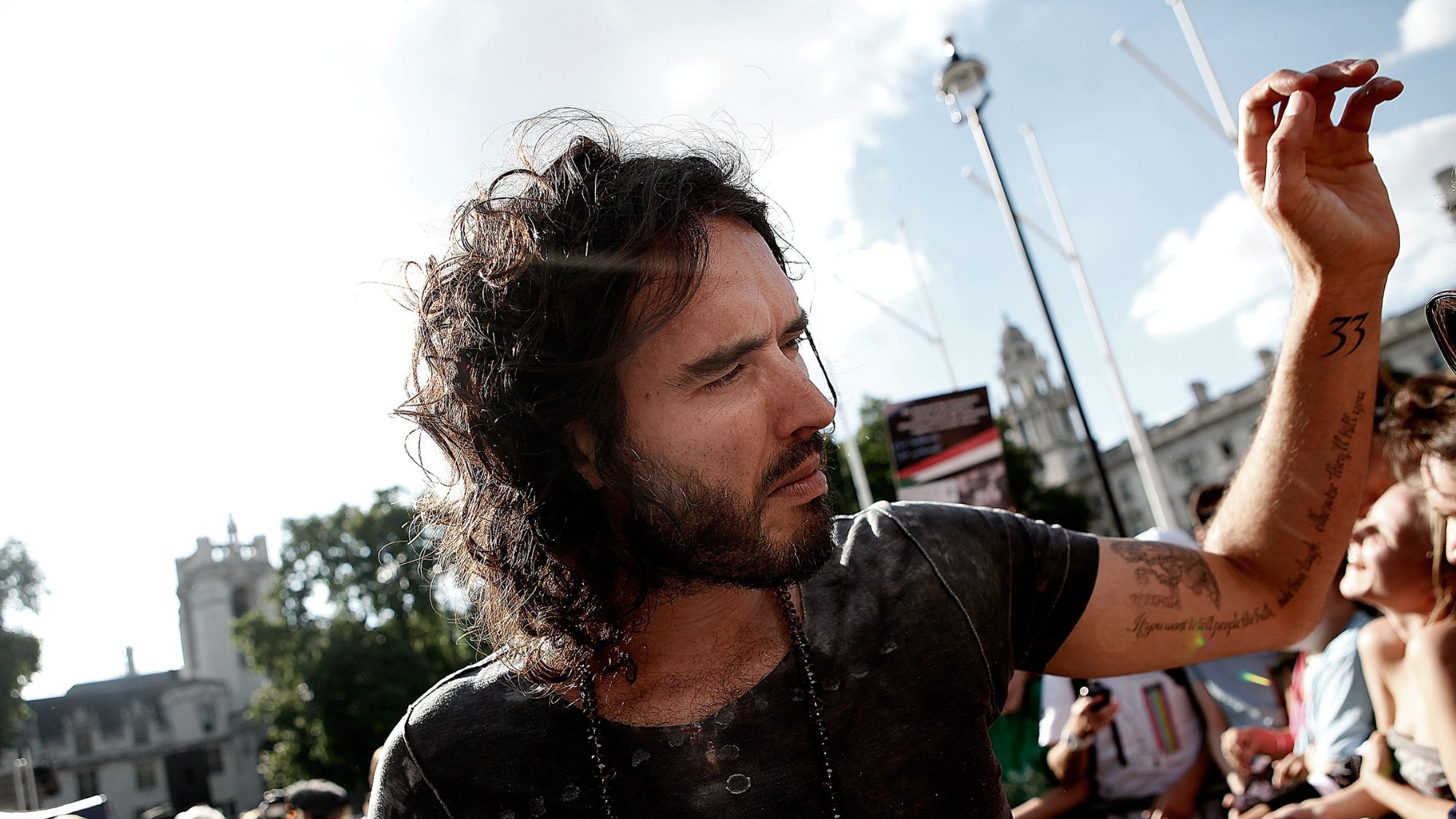
As a writer and a mother, one of my topics of concern is how we change things for the next generation. We can’t undo the past but we can rewrite outdated and damaging tropes like "lads being lads" (aka boys will be boys).
In January 2017, I took my 11 and 8-year-old sons to the Women’s March in central London. We walked in protest of Donald Trump and everything he stood for. They loved seeing the placards, the pussy hats. I remember feeling a real sense of community and empowerment. Later that year, #MeToo began trending. Female survivors were raising our voices en masse and it seemed like men were listening and taking note.
Six years on, some might wonder if we’ve gone backwards. Social media is awash with misogynistic bile from the likes of Andrew Tate and Lawrence Fox. Just last week, GB News suspended Fox and presenter Dan Wootton for nasty, sexist comments about journalist Ava Evans. A day after that episode aired, a 17-year-old boy in Croydon stalked his ex-girlfriend with a knife. After an altercation in the streets, the girl’s best friend, 15-year-old Elianne Andam, tragically died while trying to intervene.
Celebrity news, beauty, fashion advice, and fascinating features, delivered straight to your inbox!
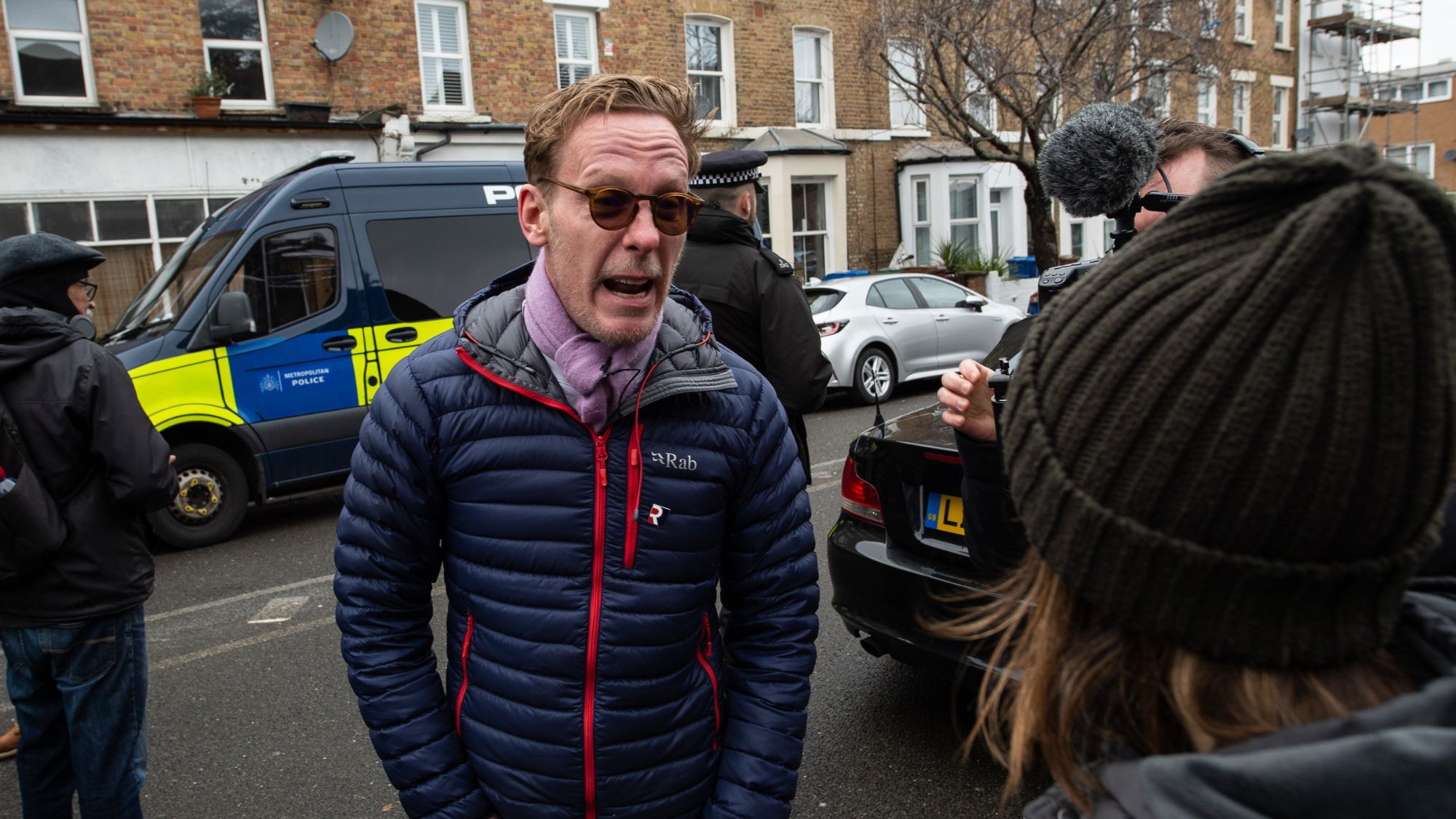
Now many of us are asking for the umpteenth time, what’s going on with boys? What more can we do to stem the rise of misogyny across society? And how can we raise decent young men in such a toxic environment?
One place we can start is by having better conversations with our sons, nephews, grandsons, godsons etc. about sex, porn, power, consent and how they intersect. Talking about porn is urgent because more and more kids are exposed to it and it’s shaping how boys think about sex, women and themselves.
Kids as young as 11 – some studies report children as young as 6 – are stumbling across online porn regularly. The scariest part is that, to hook an increasingly distracted and desensitised audience, the billion dollar porn industry keeps putting out more extreme content. Porn is built on hyper masculine narratives that teach young men that women want to be dominated (in many cases, roughed up or choked) and that sex is about instant gratification. We need to challenge such ideas before they become embedded in a child’s psyche.
Organisations like Beyond Equality and The RAP Project are doing fantastic work in schools to help change rape culture by teaching about sex and consent. We can support this in our homes too, even with the youngest kids. Consent is something we can model through everyday interactions, starting with those two simple words: "Can I?"
Other key phrases: "Do you want me to…" or "Is it okay if…" This helps teach children about boundaries, respect and personal agency. The earlier we start these conversations, we help kids to develop a literacy that also involves reading body language and emotional cues. For often in the moment, consent is not verbalised. But the law is clear that silence is not consent, especially not coerced silence.
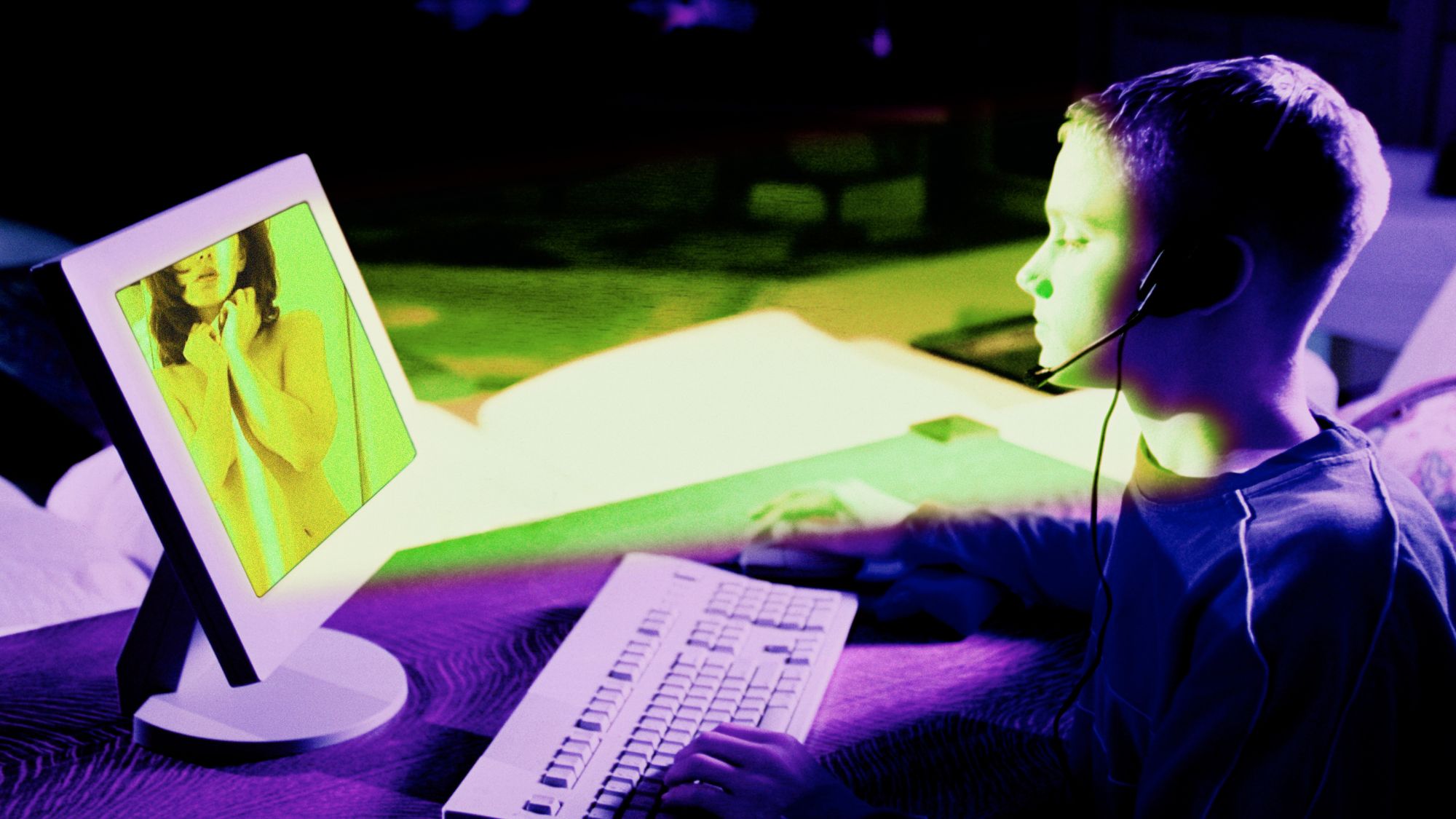
We need to reframe sex for teenage boys so they understand that it’s not about conquests, it’s about connection. One core message to get across is that sex is supposed to feel good for everyone involved. So it’s worth pausing and checking in with your partner and with yourself. Does this feel good? Do I feel safe? Do we want to keep going? It’s ok to stop and it’s definitely ok for boys to say no too.
The root of the word means "feel together" (from the Latin consentire, "con" meaning "together" and "sentire" meaning "to feel") and I think this is a beautiful way of thinking about consent.
For so long, boys have been socialised not to care about feelings, especially their own. Caring is seen as effeminate and "real men" are supposed to be tough and stoic. This suppression of emotions is what leads to young males acting out violently. From high suicide rates to knife crime and sexual violence, there are too many broken boys who go out to shatter everything around them.
It’s time to scrap the "lads will be lads" BS and create more space for boys to feel deeply, communicate openly and embrace their caring natures. At a time when loudmouths like Brand and Fox still dominate the headlines, this might be the quieter, softer revolution we all need.
Raising Boys Who Do Better: A Hopeful Guide for a New Generation (DK) by Uju Asika is out now.
Uju Asika is a writer, blogger and creative consultant and the author of several books including Raising Boys Who Do Better: A Hopeful Guide for a New Generation (DK), out now.

